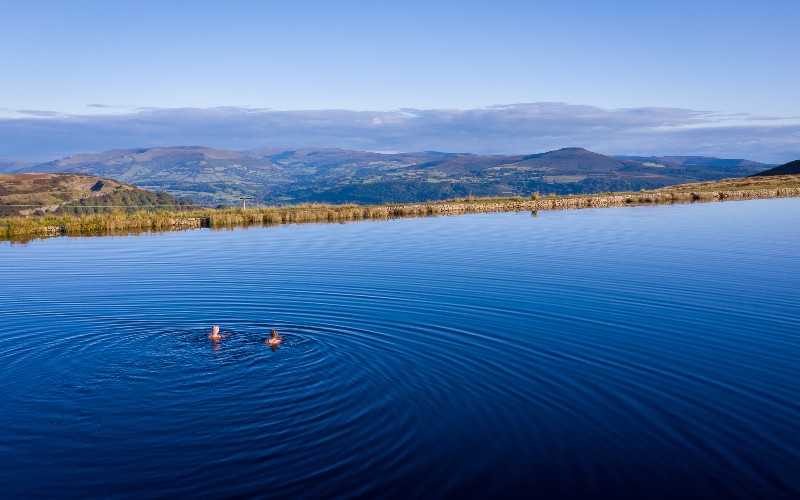
Although further boosted by the pandemic, outdoor swimming and other water based activities have increased in popularity in recent years, with the hardiest of those even continuing in the winter months. The benefit the sports have had on mental health and wellbeing mean the upward trend is likely to continue. Bearing this in mind, how can landowners and members of the public avoid landing themselves in hot water?
Public Access Rights
The public has always had a de facto ‘right to roam’ the Scottish countryside. It was the Land Reform (Scotland) Act 2003 and the subsequent Scottish Outdoor Access Code (“the Code”) which clarified the legal basis and regulated the exercise of these access rights. The Code outlines the rights of access, how they should be exercised and the obligations of landowners.
Water-based access
Most people are familiar with public access rights over land and use these regularly but may not be aware that the rights also extend to most inland water. Generally speaking, the rights can be exercised in canals, rivers, and lochs and extends to adjoining towpaths, embankments, riverbanks, and loch shores. The rights cannot be exercised where a garden meets the edge of the water or near structures such as dams or canal locks.
A variety of activities can be undertaken by the public, including wild swimming, canoeing, rafting, rowing, sailing and paddle boarding. The public should pay attention to local byelaws to ensure the activity is not subject to a local prohibition. Fishing and shooting are not included within the scope of public access rights.
The public’s responsibilities
The right of access should be exercised responsibly with respect given to the environment and rights of others. The Code specifically advises that in relation to water based activities, the public should:
- Be alert to the dangers of swimming in open water.
- Be mindful of other users.
- Not swim in hazardous areas, for example water intakes or spillways.
- Not pollute the water or surrounding areas and ensure all litter is removed.
- Be mindful that they do not always know the depth of the water.
- Respect native wildlife.
- Consider whether the location is suitable for the chosen activity.
The landowners’ responsibilities
Landowners in Scotland must manage their land compatibly with public access rights. Landowners must be responsible and not purposefully obstruct public access. When managing land, the Code advises that landowners affected by water based activities should:
- Respect the rights of members of the public who exercise their rights responsibly.
- Consider erecting signage indicating the safest places to access water.
- Work with the local authority to identify safe areas for the public to leave vehicles whilst exercising their rights.
Unreasonable behaviour
If a landowner is acting unreasonably by obstructing public access, members of the public can alert their local authority. Local authorities have a duty to protect public access and a number of enforcement powers are available to them, including requiring landowners to take remedial action or taking remedial action themselves and recovering costs from the landowner.
If the public are acting unreasonably on private land, initially, the landowner should ask them to stop. If their behaviour does not change, they can be asked to leave. Police Scotland can be contacted to assist if matters escalate. Local authorities may also be able to assist with a longer term solution and should be contacted if unreasonable behaviour continues or if the source is unknown.
For further information and advice relating to land ownership in Scotland, please contact a member of Thorntons’ Land and Rural Business Team.
